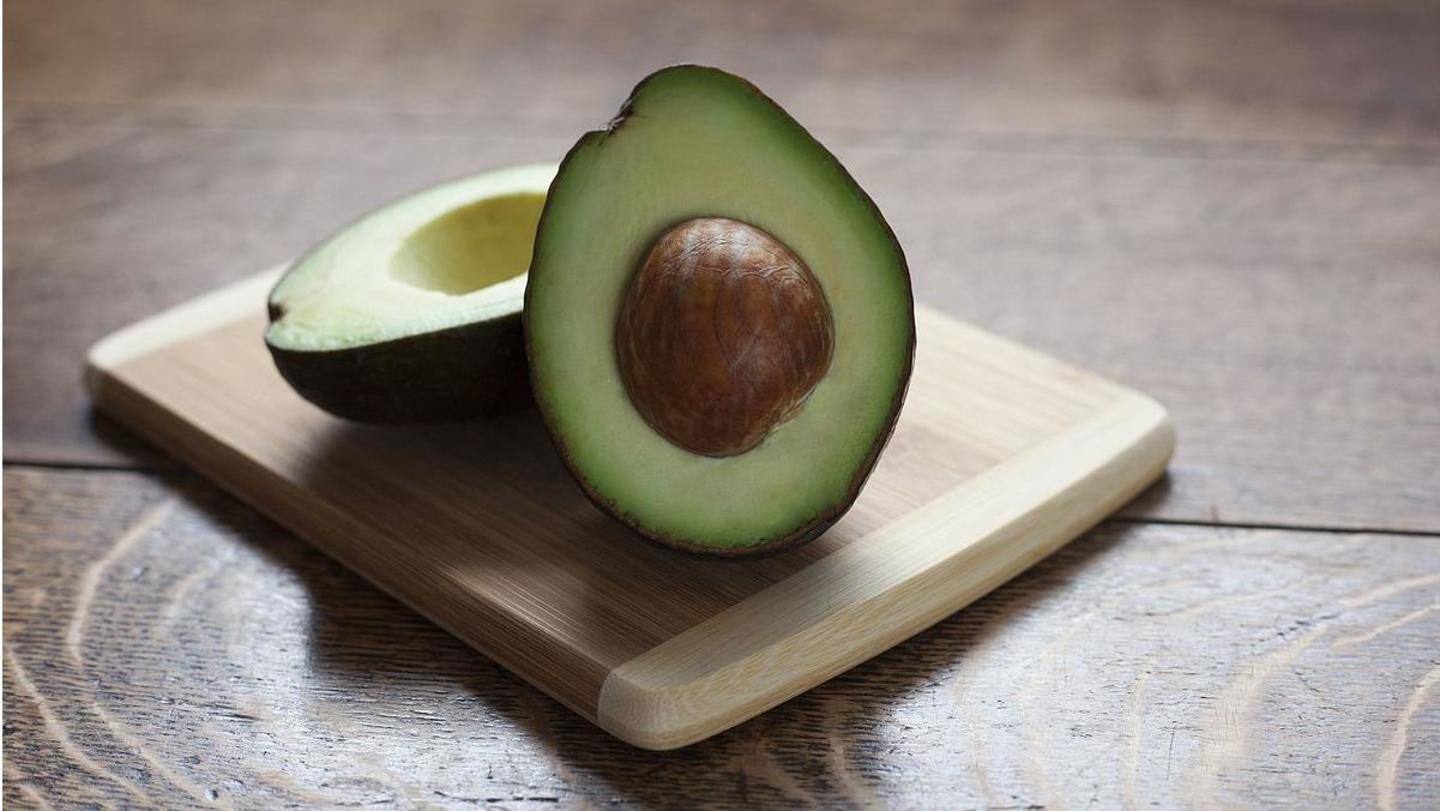
5 reasons to switch to local foods
What's the story
Ever wondered about the journey of those very appealing and expensive exotic foods and their nutritional value? Exotic produce is expensive as a lot of money is invested in transportation, storage, preservation, and processing before it reaches your home. The moment a produce is picked, enzymes begin decomposing or feeding on the nutrients, and you are left with a fruit with no nutritional value.
#1
Ecological footprint of exotic produce
The food industry heavily contributes to global warming. Encouraging exotic fruits and ingredients has increased the usage of fuels to transport them from far-away places. About 56 kcal of fuel energy is required to deliver 1kcal of energy on your plate per one exotic ingredient. Shocking, right? The longer the produce spends traveling before being delivered to you, the greater the loss of nutrients.
#2
Why local fruits are better
Local produce boosts immunity with the enzymes and nutrients absorbed from local soil. These nutrients help us fight against local infections. Shopping locally also helps support Indian farmers and contributes to the growth of the economy. While exotic fruits like avocado and kiwi bring a refreshing change in your palate, they are often devoid of nutrients owing to an early harvest and long journey.
#3
Home-grown grains hold immense nutrition
Quinoa was marketed as a superfood and is being sold in India at a high price. While both quinoa and dalia have almost the same nutrient content, the former is gluten-free, hence safer for individuals allergic to gluten. Nutritionally, local millets like ragi, jowar, bajra, kangni, and amaranth are a perfect match for foreign grains like quinoa, spelt, cous cous, and teff.
#4
Choose rice bran oil over olive oil
If you compare our indigenous oils with other popular oils, like olive oil, you will notice the huge amount of health-benefiting ingredients they have. Rice bran oil contains more vitamin E oil, tocopherols, tocotrienol, and heaps of oryzanol when compared to olive oil, which contains only tocotrienol. The former also has a longer shelf life and a higher smoke point.
#5
Bottom line
Don't fall prey to the marketing strategies adopted during the promotion or introduction of a new ingredient in the market. Indigenous or locally grown ingredients are fresh, retain nutrition, and are suitable for your body as per the climate. Also, they avoid the huge ecological footprint involved in shipping ingredients across the globe. If you want to lead an eco-friendly life, ditch exotic items.